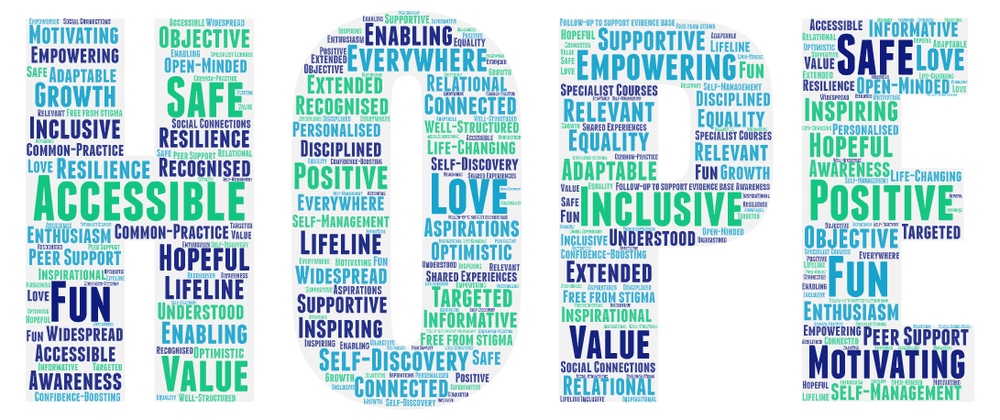Introduction
Mental health stigma is a social issue that has been prevalent for a long time. It refers to the negative attitudes, stereotypes, and discrimination against people with mental health disorders. Mental health stigma can prevent people from seeking help, limit their access to treatment, and negatively impact their quality of life. In this article, we will explore the facts and examples of mental health stigma and provide some solutions to overcome it.
What is Mental Health Stigma?
Mental health stigma can be defined as the negative attitudes, stereotypes, and discrimination towards people with mental health disorders. This stigma is based on misconceptions, fear, and ignorance about mental health. It can prevent people from seeking help, limit their access to treatment, and negatively impact their quality of life.
Facts About Mental Health Stigma
• 1 in 5 adults in the United States experience mental illness each year.
• Nearly two-thirds of people with a diagnosable mental illness do not seek treatment.
• Mental illness is the leading cause of disability worldwide.
• Stigma surrounding mental illness can lead to discrimination in the workplace, schools, and healthcare settings.
• Stigma can also lead to self-stigma, where people with mental health disorders internalize negative attitudes and beliefs about themselves.
Examples of Mental Health Stigma
• Employers may avoid hiring someone with a history of mental illness, even if they are qualified for the job.
• Friends and family members may avoid socializing with someone who has a mental illness, believing that they are dangerous or unstable.
• Healthcare providers may give substandard care to people with mental illness, based on stereotypes and assumptions about their behavior and abilities.
Solutions to Overcome Mental Health Stigma
Education and Awareness
One of the most effective ways to overcome mental health stigma is through education and awareness. People need to be educated about mental health disorders, the common misconceptions, and the impact of stigma. This education can happen in schools, workplaces, and the media.
Support and Empathy
People with mental health disorders need support and empathy from their family, friends, and communities. This support can come in the form of listening, offering encouragement, and being non-judgmental. This support can help people feel less alone and more empowered to seek help.
Access to Treatment
People with mental health disorders need access to affordable and effective treatment. This treatment can include therapy, medication, and other forms of support. Providing access to treatment can help people manage their symptoms and improve their quality of life.
Advocacy and Policy Changes
Advocacy and policy changes can play a critical role in overcoming mental health stigma. Advocates can work to change laws and policies that discriminate against people with mental health disorders. They can also work to increase funding for research and treatment.
Conclusion
Mental health stigma is a serious social issue that impacts millions of people around the world. It can prevent people from seeking help, limit their access to treatment, and negatively impact their quality of life. However, there are solutions to overcome this stigma, including education and awareness, support and empathy, access to treatment, and advocacy and policy changes. By working together, we can overcome mental health stigma and create a world where everyone can receive the care and support they need.


Comments
Post a Comment